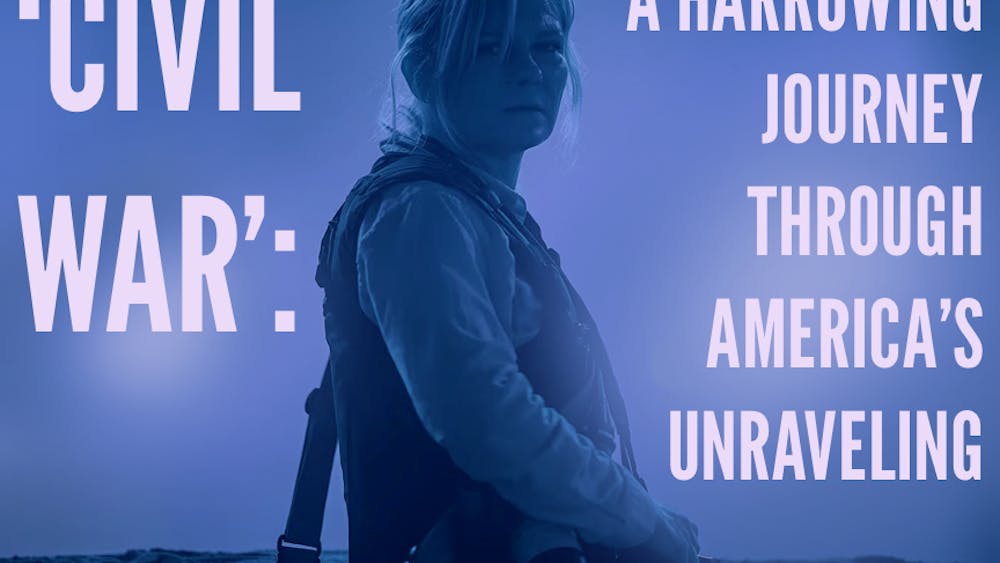"Waiting for Superman," which plays at the Debartolo Performing Arts Center this weekend — though certainly not a lighthearted, fun movie — is the must-see documentary of the year. Davis Guggenheim's highly politicized film analyzes the flaws in the American public school system and received the Audience Award for Best Documentary at the 2010 Sundance Film Festival. Guggenheim is also the director of "An Inconvenient Truth," the 2006 informative documentary about global warming, and several TV shows, including "Alias," "24" and "Deadwood."
The movie keeps the audience on the edge of their seats as it follows the education of five children ranging from kindergarteners to eighth graders in urbanized areas across America, including Washington, D.C., Harlem, the Bronx, Los Angeles and Redwood City, Calif. Viewers watch a moving back-story that presents serious, ambitious students who wish to gain a decent education.

The kids' hardworking parents are more than determined to give their children an adequate education. They want them to eventually attend college in spite of numerous obstacles in the way. Nakia, six-year-old Bianca's single mother, has taken pay cuts at her job as a receptionist living in Harlem, but is nonetheless driven to put Bianca through college.
"I don't care what I have to do. I don't care how many jobs I have to obtain, but she will go to college," Nakia said.
As the film quickly shows, charter schools are one of the best options academically for families with financial concerns. Unfortunately, in order to attend smaller, less crowded charter schools with excellent track records, public funds and high standards of curriculum, the students' parents must enter a random lottery system that has low acceptance rates. The intensity of the cinematography as Guggenheim cuts back and forth between the anxiously awaiting families as the lottery winners are called only heightens the suspense in the theater audience.
The sentimentality of the documentary does not interfere with Guggenheim's responsibility to depict an accurate portrayal of facts behind America's successes and failures in the public school system in a way that viewers can easily understand. Along with the narratives of the five families, he displays national statistics in animated clips, presenting national test scores in reading and math, the astronomical dropout rates of public high schools in urban areas and the flaws of the tenure system.
Guggenheim also criticizes the movie's assumed target audience of upper to middle class Americans. At the film's beginning, viewers see him driving past several Los Angeles public schools to drop his children off at a private school. He does this to show that many in the audience have sufficient resources to give their young students a private school education, yet do nothing to improve the public education system.
Although Guggenheim presents many failures in the nation's public education system, he also shows the successes of such leaders as Michelle Rhee, the chancellor of schools in Washington, D.C., who radically persuaded the teachers' union to exchange tenure for merit-based salaries that could reach sums of approximately $130,000 per year.

Overall, "Waiting for Superman" is an emotional journey for the average movie viewer, but is still worth a watch if only for a better understanding of American public education.
What: "Waiting for Superman"
Where: Debartolo Performing Arts Center
When: Thursday, April 7, 6:30 p.m. and Sunday, April 10, 3 p.m.
How much: $6 regular, $4 seniors, $3 students
Learn more: performingarts.nd.edu












